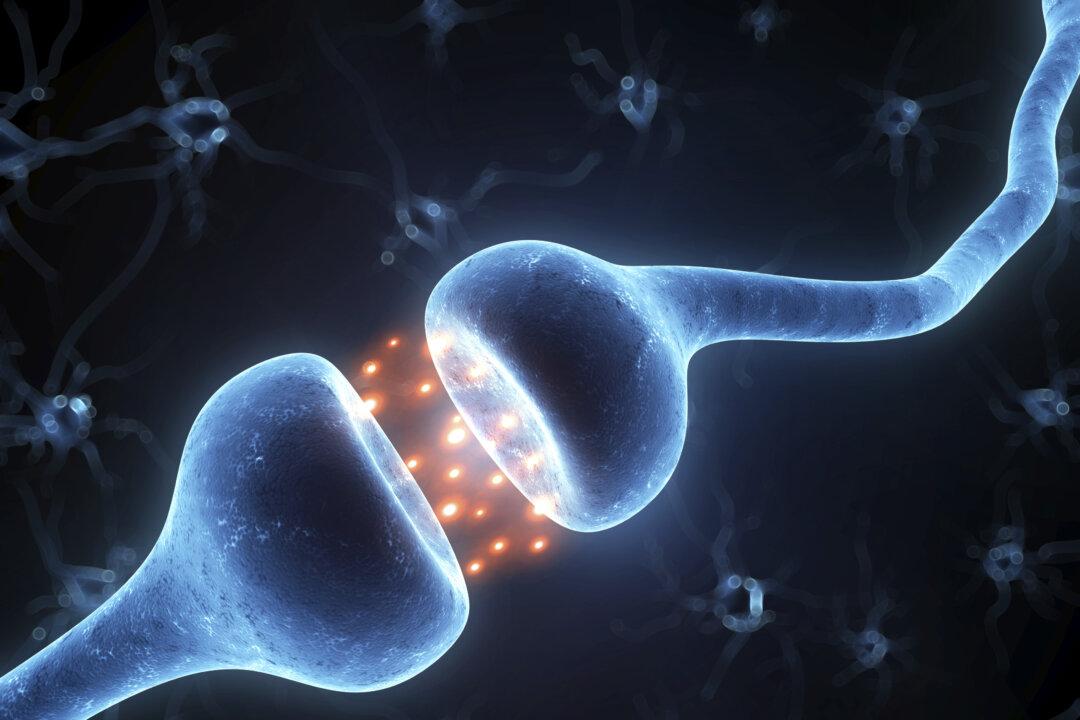For many decades, neurologists and medical students were taught that neurogenesis, the formation of new brain cells, does not happen in the adult brain.
It was believed that when cells in other organs died they were replaced with fresh new ones whereas the brain was seen as a special organ where once neurons died, they were lost forever.






